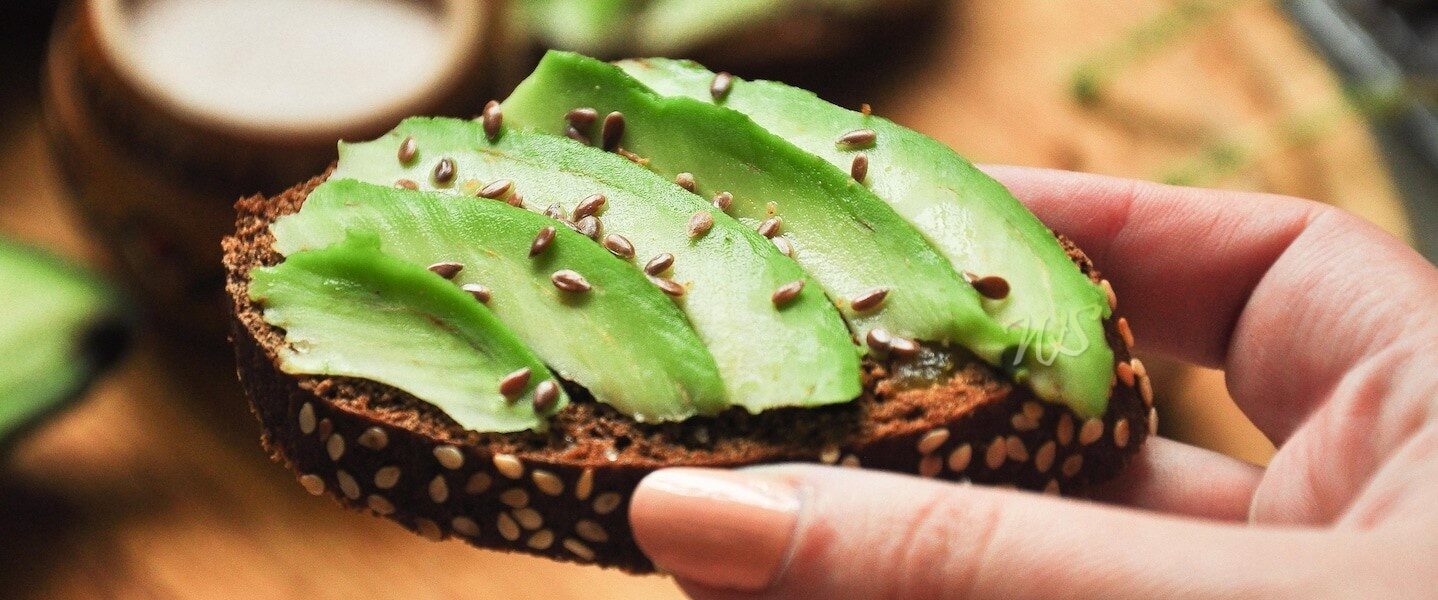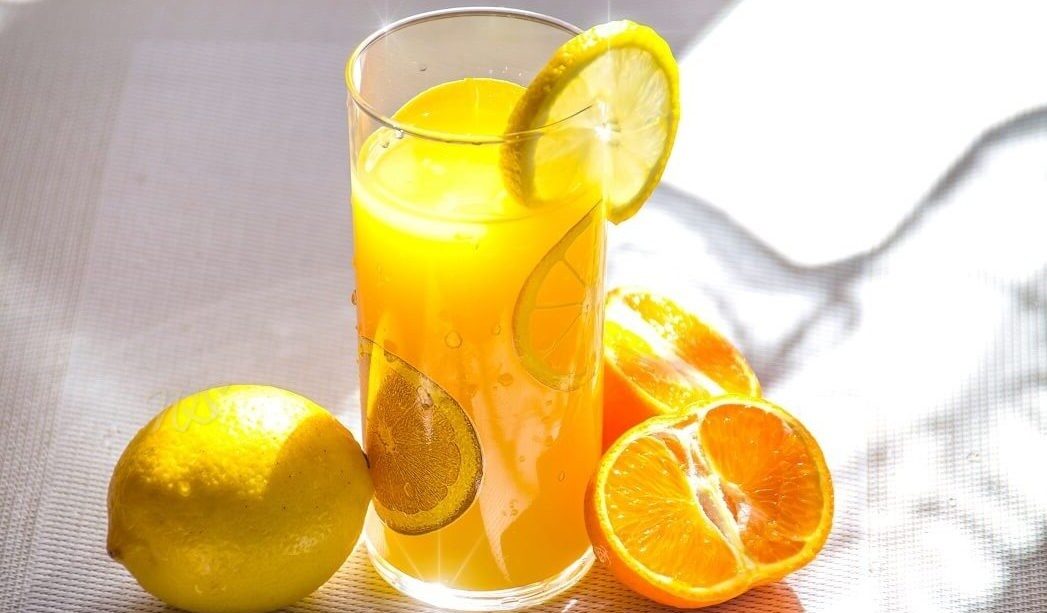Are you looking for ways to improve your health and well being? Then look no further than your diet. What you eat has a direct impact on your hormone levels, so it’s important to choose right food for female hormone balance. In this blog post, we’ll share some of the best foods for female hormone balance.
The female body goes through many changes throughout a lifetime. Hormones regulate this. Hormone balance is important for overall health and well-being.
The most common hormones that women are concerned with are estrogen and progesterone. Estrogen is responsible for the development of female characteristics such as breasts and hips. Progesterone is responsible for the development of the uterus and preparing the body for pregnancy.
There are a few key things to keep in mind in regards of food for female hormone balance. First, eat a variety of nutrient-dense foods. Second, focus on foods that support detoxification and gut health. And last, make sure to include healthy fats in your diet.
-
Cruciferous vegetables – These veggies are packed with nutrients that support detoxification, which is important for clearing excess hormones from the body. Cruciferous vegetables include broccoli, cabbage, and kale.
-
Fermented foods – Fermented foods like kimchi and sauerkraut are rich in probiotics, which are beneficial for gut health. Gut health is important for hormone balance because the gut is where hormones are metabolized.
-
Full-fat dairy – Dairy products are a good source of calcium, which is essential for bone health. They also contain fat-soluble vitamins that are important for hormone production. Full-fat dairy products include milk, cheese, and yogurt.
-
Eggs – are a good source of protein and choline, a nutrient that supports detoxification. They also contain vitamins and minerals that are important for hormone balance.
-
Nuts and seeds – contain healthy fats, vitamins, and minerals that are important for hormone production and balance. They’re also a good source of fiber, which is important for gut health.
-
Healthy fats – are important for hormone production and balance. Healthy fats can be found in a variety of foods, including fish, olive oil and avocados. Foods high in healthy fat are linked to many other health benefits, like reducing your risk of heart disease. Fish oil supplements are also available to help you meet your daily intake goals. Research has shown that eating healthy fats may even boost your body’s ability to metabolize carbohydrates and fight off infections…
-
Chicken Breast – It is a lean source of protein that’s also low in calories. It’s a good source of niacin and vitamin B6, which are important for hormone production. It’s also a good source of selenium, a mineral that supports thyroid health.
-
Leafy greens – like spinach and Swiss chard are packed with nutrients that support hormone health. They’re a good source of vitamins A, C, and E, which are important for hormone production. They’re also a good source of magnesium, a mineral that supports detoxification.
-
Herbs and spices – like ginger, turmeric, and cumin contain compounds that support detoxification. They’re also a good source of antioxidants, which are important for hormone balance.
-
Whole grains – like oats, quinoa, and brown rice are a good source of fiber, which is important for gut health. They’re also a good source of B vitamins, which are important for hormone production.
-
Fruits – are a good source of vitamins, minerals, and antioxidants, all of which are important for hormone balance. Fruits like berries, citrus fruits, and pomegranates are especially high in antioxidants and they’re also a good source of fiber, which is important for gut health
-
Flaxseeds – are a good source of fiber, omega-3 fatty acids, and lignans (Phytoestrogens). All of these nutrients are important for hormone balance. Whole, crushed, or as oil, flaxseeds are edible.
-
Soy – is a good source of protein and phytoestrogens. Phytoestrogens are plant-based compounds that mimic the effects of estrogen in the body. Soy is available in a variety of forms, including tofu, tempeh, and soy milk.
-
Red meat – is a good source of protein, zinc, and iron. Zinc and iron are important for hormone production. Red meat is also a good source of B vitamins, which are important for metabolism.
There are a few key things to keep in mind when trying to balance your hormones through diet. First, eat a variety of nutrient-dense foods. Second, focus on foods that support detoxification and gut health. And last, make sure to include healthy fats in your diet. So pay attention on next few nutrition
Protein is an essential macronutrient that helps with cell repair and regeneration. It also helps balance hormones by regulating hunger hormones like ghrelin. Good sources of protein include lean meats, eggs, and tofu.
Fiber is important for gut health and hormone balance. It helps with detoxification by binding to excess hormones and toxins in the digestive tract and eliminating them from the body. Good sources of fiber include fruits, vegetables, and whole grains.
Vitamins and minerals are essential nutrients that support various bodily functions. For hormone balance, specific vitamins and minerals to focus on include calcium, vitamin D, and magnesium. Dairy products, leafy greens, and nuts contain these nutrients.
In addition to eating a hormone-balancing diet, there are a few other things you can do to support hormonal health. Regular exercise and adequate sleep are both important for hormone balance. You can also reduce stress by practicing relaxation techniques like yoga or meditation.
I hope you guys have enjoyed these information in regards of best food for female hormone balance.

